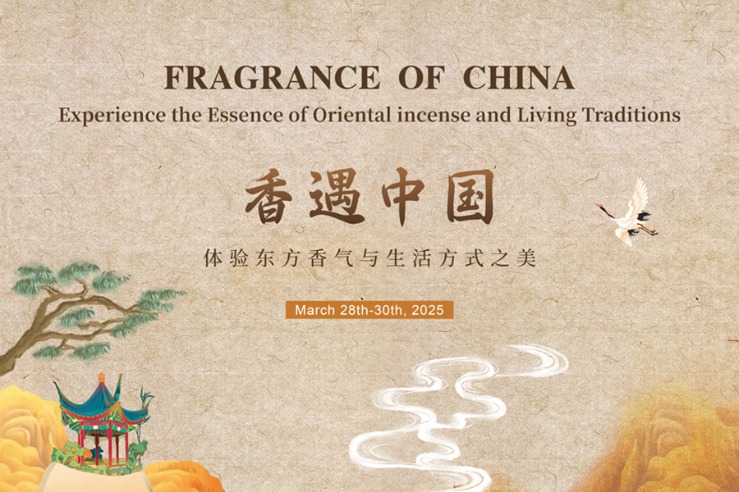Time for new memories


Shows in capital mark start of a return tour for Martha Graham dancers with Chinese-born top performer, Chen Nan reports.
Prior to Wednesday, it had been about five years since the Martha Graham Dance Company last performed at the National Centre for the Performing Arts in Beijing. As a way to celebrate the return, the company had two performances on Wednesday and Thursday. These featured three works: Appalachian Spring, Immediate Tragedy and Canticle for Innocent Comedians, which kicked off its China tour.
Following its Beijing stop, the company will visit Shanghai with two shows on Sunday and Monday and Guangzhou on June 16 and 17.
As the oldest American contemporary dance company, it was launched by dancer-choreographer Martha Graham (1894-1991) in 1926.
It has been a world-leading force in the evolving art form of contemporary dance.
Graham choreographed more than 180 dance works and developed a unique technique that is foundational in the study of modern dance. The technique is rooted in the principles of contraction and release, with a strong emphasis on movement from the core and the limbs simply following the core's impulse.
Appalachian Spring was created by Graham in 1944 after a poem titled The Bridge: The Dance by American poet Hart Crane. To the music composed by Aaron Copland, the dance piece was choreographed as World War II in Europe was drawing to an end. It captured the imagination of Americans who were beginning to believe in a prosperous future. Telling the story of a young couple on their wedding day, the dance embodied hope.
Immediate Tragedy was once a lost solo piece choreographed by Graham in 1937, inspired by the Spanish Civil War. The dance was notable and well received, but after Graham stopped performing it in the late 1930s, the piece was forgotten and considered lost. In 2020, Janet Eilber — the current artistic director of the Martha Graham Dance Company — re-imagined the choreography for Immediate Tragedy by using recently discovered photos of Graham in a performance in 1937, and many other archival references. A new score was created by Christopher Rountree, inspired by pages of music handwritten by composer Henry Cowell, which were found in the Graham archives.
Features
 Cultural Exchanges
Fragrance of China blooms in Nepal
Cultural Exchanges
Fragrance of China blooms in Nepal
 Cultural Creative Products
New cultural creations from Shenyang Imperial Palace Museum
Cultural Creative Products
New cultural creations from Shenyang Imperial Palace Museum


